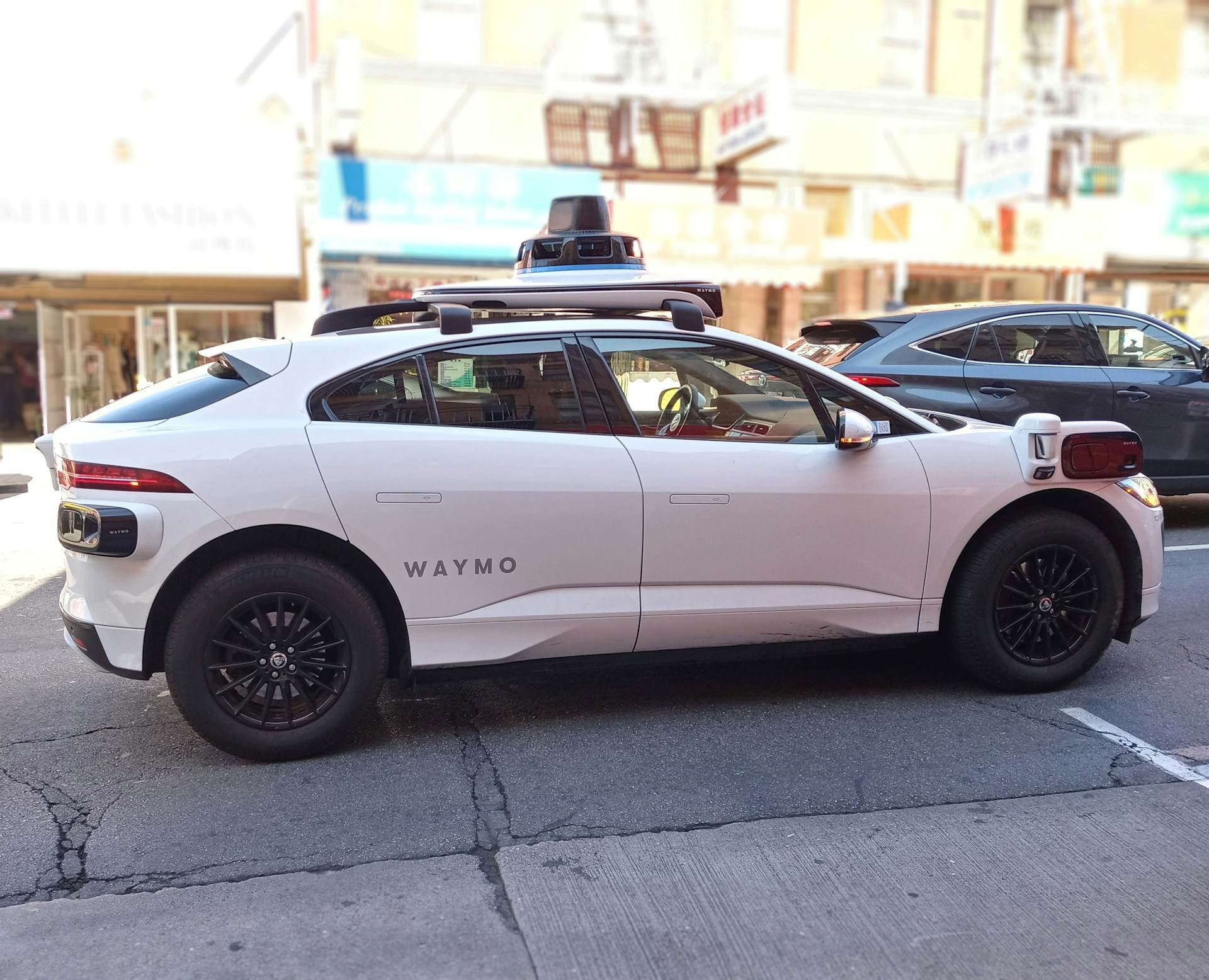Waymo has launched “teen accounts” for 14–17 year‑olds in Phoenix, marking an important milestone in its strategy to extend robotaxi services to younger passengers. By linking teen profiles to parent accounts, with real‑time location tracking and access to specially trained remote operators, Waymo aims to reassure guardians while meeting a growing need for independent, safe teen transport amid declining youth drivers.
The decision stems from a two‑year pilot phase, during which researchers discovered teens often experience anxiety around driving and desire more autonomy. Waymo’s careful rollout reflects this understanding, blending advanced self‑driving tech with parental oversight. This hybrid model addresses both emotional needs and practical considerations, particularly for parents juggling work and school routines.
Notably, the teen accounts offer 24/7 remote operator support and strict usage controls, no unapproved music, steering, or behaviour outside policy is permitted. These features align with a broader vision of “agentic robotics” in urban mobility, where autonomous systems operate independently, yet responsibly, in real‑world settings.
For the autonomous vehicle industry and global tech investors, Waymo’s move has several implications. First, expanding the user base to include teens could broaden adoption rates, providing valuable usage data and smoother regulatory acceptance. Second, integrating teen use-cases pushes the envelope on safety validation and user interface design, which could set a new standard across driverless platforms. And third, the model’s success may influence how robotaxis are deployed, not only in Phoenix but in future markets like San Francisco, Los Angeles or Austin.
In essence, Waymo’s teen accounts offer more than a novel feature, they represent a strategic play to deepen consumer trust, scale usage, and demonstrate technological maturity. As Gen Z becomes a key demographic, the success of these accounts will help determine whether autonomous ride-hailing moves from rational convenience to emotional reliability.


